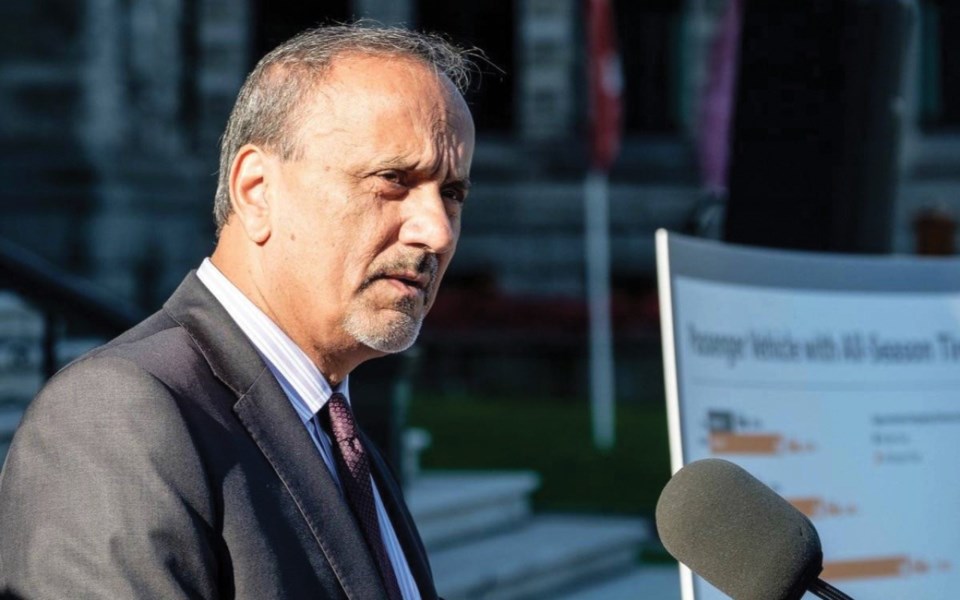The province has introduced a new bill that will give temporary foreign workers in B.C. greater protection against abuses, according to an announcement last week.
If passed in the legislature, the B.C. government will create two registries aimed at protecting the rights of employees who come to the province through the federal Temporary Foreign Worker Program (TFWP).
One registry will be for employers, and another for foreign-worker recruiters, intended to improve government's response to health, housing and other violations of B.C. laws. The registration process will be free online.
"Today's announcement shines a spotlight on workers from out of country that come to make a living here in B.C.," said B.C. labour minister Harry Bains during the announcement last Tuesday, Oct. 23. "Temporary foreign workers come to carve out a better life for themselves and for their families back home, but instead of a new prosperous life, some find themselves abused and exploited by their employer and when they do, they feel like they have nowhere to turn to."
Foreign-worker recruiters will now be required to have a licence, and employers will have to register in order to take part in the TFWP. Tougher penalties for recruiters and employers who violate the legislation would also be implemented.
Bains explained that foreign workers sometimes face improper housing conditions and arrive here to discover that the job they were recruited for is not as advertised.
"Many never get paid or are paid far less than they are entitled to. Sometimes their passports are taken so they feel trapped," he said. "If you have paid thousands to get here for a promised job; if you and your family's financial well-being depends on it, if you don't know our laws extend to all workers, including temporary foreign workers, or if you don't have the language skills to ask for help and are afraid of repercussions if you do, you remain in those unjust situations that should never exist. We need to ensure that the rights of these workers are protected."
According to the Whistler Chamber of Commerce's most recent survey data, 64 per cent of chamber members' employees are foreign workers—although the vast majority of those are on working holiday visas.
Even still, chamber CEO Melissa Pace said the proportion of temporary foreign workers has "always been a fairly large number."
"It's quite significant. It's part of how we recruit seasonal workers," she said, adding that, until the legislation is passed, it's difficult to know what the impact will be locally.
"That depends on how they roll out re-licensing and registration. It will depend on what the government does; will they make it easier, or will they add more red tape for either ... recruiters or for employers to register?"
Given the challenges local employers have had in recent years recruiting and retaining staff, Samurai Sushi owner Ru Mehta believes businesses don't have much incentive to bend the rules—and if they do, workers will simply find another job.
"As far as Whistler goes, it's never been an issue here: For the most part, we're getting first-world workers coming here who want to come here," he said.
Samurai Sushi employs several Japanese workers through the TFWP. "If you're telling them you'll pay them $15 an hour and then pay them $6 an hour, they're not going to stick around and they're going to say something. All the protections (they've added), I don't think are really going to affect Whistler ... Even if (employers or recruiters) were dishonest, they wouldn't get away with it because the people would just quit."
B.C. issued work permits to 16,865 foreign nationals through the TFWP in 2017, second only to Ontario.




